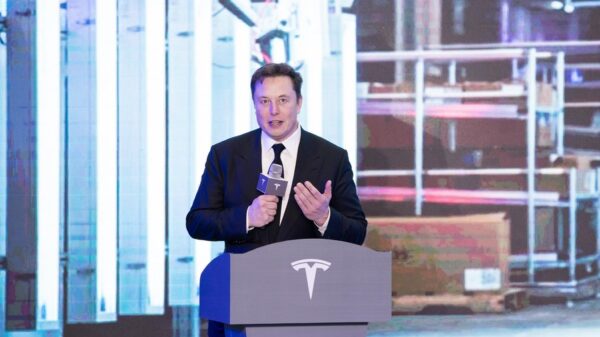NAIROBI, Kenya, Oct 28 – Online brokerage firm HFM Kenya forecasts robust growth in Kenya’s sectors like banking, telecommunications, export, and renewable energy sectors in 2025, presenting opportunities for stakeholders.
However, the firm cautions that global uncertainties—such as geopolitical tensions, climate risks, and regulatory pressures—are expected to persist.
While tech stocks have delivered strong returns in recent years, investor interest has cooled as the hype around Artificial Intelligence (AI) wanes.
Rising costs and challenges in realizing returns from AI investments have led some companies to reassess its value, prompting speculation about a tech bubble.
Conversely, banking stocks have surged, with rising yields in major economies like the UK and US driving liquidity to financial institutions.
Samson Mzera, a market analyst at HFM Kenya, attributes this rally to an “easing cycle” by central banks, including the Central Bank of Kenya’s interest rate cuts to match declining inflation.
In currency markets, Mzera observes normalization across frontier economies like Kenya, noting recent stability in the Kenyan shilling.
Nonetheless, he predicts a shift in the equities market as investors increasingly focus on individual company earnings rather than broad economic indicators.
“Rate cuts are often welcomed by stock markets, but if economic weakness lingers, the cuts lose their impact,” Mzera adds, warning that a prolonged recession could weigh on stocks despite favorable interest rates.
Kepha Erick, also an analyst at HFM Kenya, notes that consumer staples, utilities, and healthcare sectors might provide stability, while index funds and ETFs are often used for diversification by some investors.
With stocks generally turning bullish at the beginning of the year, HFM Kenya suggests that companies and investors will need to adapt to new market dynamics, from reconfiguring supply chains to exploring growth sectors.
“HFM Kenya highlights potential growth in sectors like banking, telecommunications, and renewable energy, suggesting they may present opportunities for stakeholders.”

















































